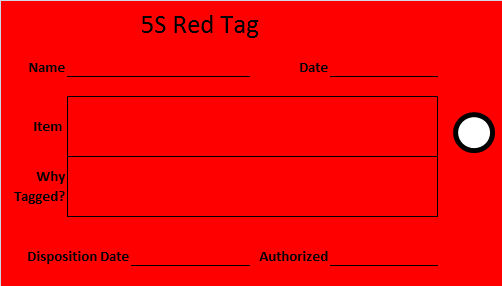Rules
There are countless quotes about rules, most of them negative. Rules are made to be broken. –unknown There are no rules here – we’re trying to accomplish something. –Thomas A. Edison Rules and models destroy genius and art. –William Hazlitt The common perception of rules is that they are stifling, Read more…
